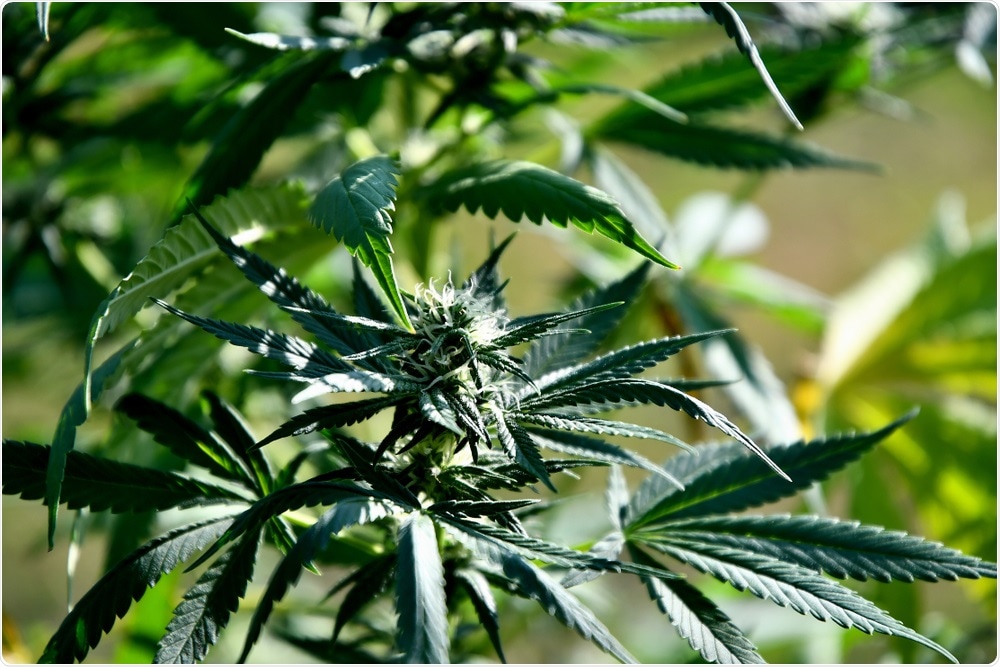
They found little evidence to back up claims that cannabis can assist in treating depressive disorders, anxiety disorders, attention-deficit hyperactivity disorder, Tourette syndrome, post-traumatic stress disorder, or psychosis.
This contradicts the increasing claims that it is effective at treating mental health, which acts as a huge warning as cannabis becomes increasingly legalized.
High demand for new mental health treatments
The medical community recognizes the urgency for new and more effective treatments for mental health conditions. Under pressure, many healthcare systems started to look to cannabis, leading to an increasing number of countries relaxing their laws on the substance.Global healthcare agencies are attempting to respond to the huge burden presented by mental health, which is now considered to be the largest burden of disease worldwide, greater than that of cancer or cardiovascular disease.
With 300 million people battling depression, and statistics uncovering that some countries, such as the US, are facing rising suicide rates, the effective treatment of mental health has become a key focus globally.
In recent years cannabis has become a panacea for physical and mental health problems, with an increasing number of countries legalizing it for medical use and considering legalizing it. However, a group of scientists in Australia has discovered that the medical claims made about the substance are backed by little hard evidence.
Little evidence to support therapeutic claims for cannabis
While cannabis is becoming more common as a therapy for a range of mental health problems, their actual benefits are not clear.Substances found in cannabis, such as tetrahydrocannabinol (THC) and cannabidiol (CBD), are being widely considered to be a treatment option for mental health, but the concern is that there is a lack of scientific evidence to support this.
To look into this further, a team of scientists at the University of Queensland, Australia, analyzed evidence from studies published between 1980 and 2018. The studies they evaluated had investigated the impact of cannabinoids on mental health problems such as depression, anxiety, post-traumatic stress disorder, psychosis, attention deficit hyperactivity disorder and Tourette syndrome.
Their conclusions were concerning. Of the 83 studies analyzed, only 40 met the gold standard for medical evidence by being conducted as a randomized controlled trial. They concluded that there was only very low-quality to suggest that THC improved symptoms of anxiety in patients with other conditions, like chronic pain.
The researchers also found very little evidence to support the claim that medicinal cannabinoids were effective in treating mental health disorders overall, or that they were effective in addressing symptoms. In fact, they found one study which provided evidence to the contrary, that THC had actually worsened the symptoms of psychosis in one group.
Cause for concern
What the Australian team has uncovered is of huge importance to the medical community, and serves as a caution to countries who have legalized medical cannabis or are considering legalizing it. The United States, Australia, Britain, and Canada are all countries that have already legalized the substance to come extent for use in certain medical scenarios.The findings suggest that medical cannabis may have no therapeutic benefit for treating mental health disorders. The study also provides a reason to believe that the substance may even worsen symptoms, rather than treat them.
The researchers point out that high-quality studies are difficult to carry out, and they are few and far between. There is a real need for more large scale studies looking into the effects of cannabis on mental health, in order to gain a clearer insight on how they function in these situations.
At this point, it is recommended that the claims made by medicinal cannabis companies shouldn’t be taken at face value, that patients and medical bodies must recognize that until strong scientific evidence has been provided to back up the claims, they should be treated with skepticism.
Journal reference:
Black, N., et al. (2019). Cannabinoids for the treatment of mental disorders and symptoms of mental disorders: a systematic review and meta-analysis. The Lancet. DOI: 10.1016/S2215-0366(19)30401-8






No comments
Post a Comment